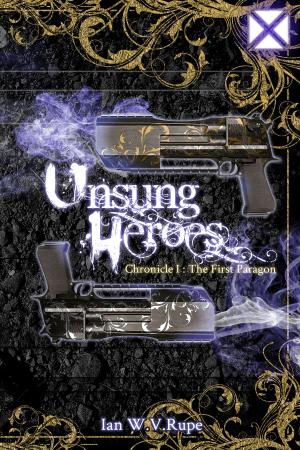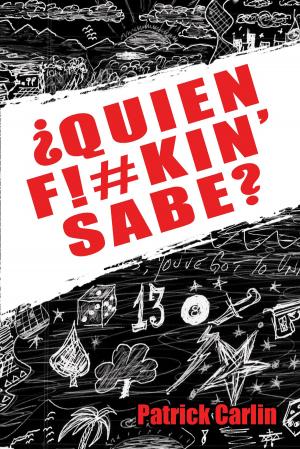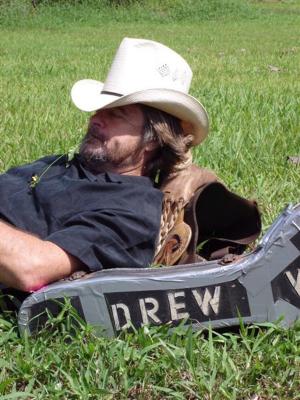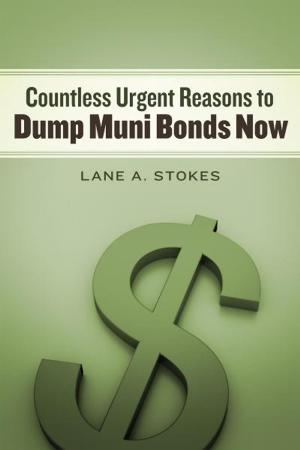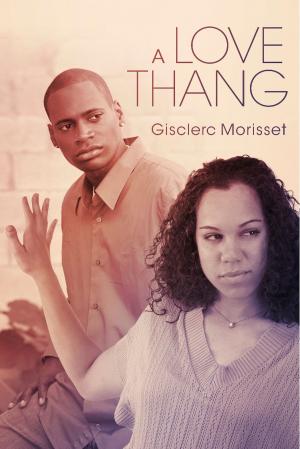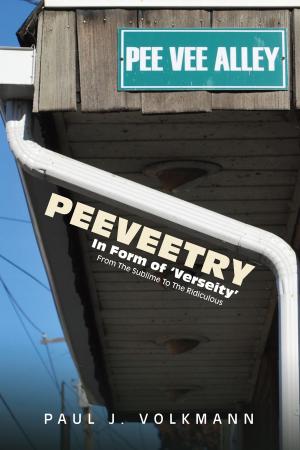| Author: | Jesse De La Cruz | ISBN: | 9781620952030 |
| Publisher: | BookBaby | Publication: | August 17, 2011 |
| Imprint: | Language: | English |
| Author: | Jesse De La Cruz |
| ISBN: | 9781620952030 |
| Publisher: | BookBaby |
| Publication: | August 17, 2011 |
| Imprint: | |
| Language: | English |
IN 2005, I received an e-mail from Jesse De La Cruz asking me to read some of his memoir in progress. I told him to send me ten pages. The author Richard Rodriguez read and edited my writings, and introduced me to editors in the early stages of my writing career. He charged me to one day do the same for some other aspiring writer when I had the chance. I told Jesse that I was on deadline but would read his mate-rial and respond within two weeks. Later that day I had an un-expected break, so I decided to read the introduction to his memoir. His story intrigued me. It was clear that Jesse was a nat-ural storyteller. I e¬mailed him and asked him to send me ten more pages. After I read them, I phoned him and told him that I admired his work. Jesse had written the bulk of his memoir before he approached me. I was impressed. He was madly self-driven and needed to write his story, this much was evident. Like all great memoirists I know, Jesse needed to tell his story. To make us see his life as some sort of text that we could learn from. And why not? His story is a powerfully inspiring one. Both for the way he lived so strongly on the other side of taboo, and also for how bravely he has constructed an honest life for himself and his daughter in daylight, out of the shadows. In this memoir, you will learn that violence and rage are trained behavior more often than not. Humans are not born monsters, but can learn to behave monstrously after years of pressures on their poise, through the various physical, racial and psychological abuses as are catalogued in so many sociology textbooks. But Jesse doesn’t promote victim chic. He accepts responsibility for his actions and there¬fore his book lacks the sentimentality that so often hurts the writing of folks who lived to write about surviving prison and the mean streets. Jesse is starkly candid about his behavior in the criminal world. And that is the power of the story. The redemption of Jesse De La Cruz is almost Biblical is scope; an epic story of a life gone wildly astray; a Prodigal Son -- like squandering of intelligence and good will. Milton would recognize this story as one of sin and a heroic life re-gained. St. Paul - an admitted great slave to sin who eventually repented - would know this story of resurrection, and survival of several imprisonments. And of course, there is the 4th century memoirist St. Augustine who confessed his sins and chronicled his spiritual awakening in the most famous memoir in Western Civilization. In my opinion, Jesse De La Cruz’s memoir is a 21st Century addition to this long tradition of stories about detours and recoveries. The question for you the reader, is a riddle: Do you review the life of Jesse De La Cruz through the eyes of a forward-looking boy habituated to hate and violence, who eventually disappeared into the underworld for three decades? Or do we review his narrative from the vantage point of the present, looking back through the eyes of a man, severely mindful as he lives a moral life today? In other words, is Jesse De La Cruz a long time bad man done good in the end? Or is he a good man who acted against his conscience for many years? I prefer to see him the second way. But you judge for yourself. Your journey in the coming pages will reveal Jesse De La Cruz’s compelling life confronting every squalid day with the same first intensity that he confronted his sublime and thorough change.
IN 2005, I received an e-mail from Jesse De La Cruz asking me to read some of his memoir in progress. I told him to send me ten pages. The author Richard Rodriguez read and edited my writings, and introduced me to editors in the early stages of my writing career. He charged me to one day do the same for some other aspiring writer when I had the chance. I told Jesse that I was on deadline but would read his mate-rial and respond within two weeks. Later that day I had an un-expected break, so I decided to read the introduction to his memoir. His story intrigued me. It was clear that Jesse was a nat-ural storyteller. I e¬mailed him and asked him to send me ten more pages. After I read them, I phoned him and told him that I admired his work. Jesse had written the bulk of his memoir before he approached me. I was impressed. He was madly self-driven and needed to write his story, this much was evident. Like all great memoirists I know, Jesse needed to tell his story. To make us see his life as some sort of text that we could learn from. And why not? His story is a powerfully inspiring one. Both for the way he lived so strongly on the other side of taboo, and also for how bravely he has constructed an honest life for himself and his daughter in daylight, out of the shadows. In this memoir, you will learn that violence and rage are trained behavior more often than not. Humans are not born monsters, but can learn to behave monstrously after years of pressures on their poise, through the various physical, racial and psychological abuses as are catalogued in so many sociology textbooks. But Jesse doesn’t promote victim chic. He accepts responsibility for his actions and there¬fore his book lacks the sentimentality that so often hurts the writing of folks who lived to write about surviving prison and the mean streets. Jesse is starkly candid about his behavior in the criminal world. And that is the power of the story. The redemption of Jesse De La Cruz is almost Biblical is scope; an epic story of a life gone wildly astray; a Prodigal Son -- like squandering of intelligence and good will. Milton would recognize this story as one of sin and a heroic life re-gained. St. Paul - an admitted great slave to sin who eventually repented - would know this story of resurrection, and survival of several imprisonments. And of course, there is the 4th century memoirist St. Augustine who confessed his sins and chronicled his spiritual awakening in the most famous memoir in Western Civilization. In my opinion, Jesse De La Cruz’s memoir is a 21st Century addition to this long tradition of stories about detours and recoveries. The question for you the reader, is a riddle: Do you review the life of Jesse De La Cruz through the eyes of a forward-looking boy habituated to hate and violence, who eventually disappeared into the underworld for three decades? Or do we review his narrative from the vantage point of the present, looking back through the eyes of a man, severely mindful as he lives a moral life today? In other words, is Jesse De La Cruz a long time bad man done good in the end? Or is he a good man who acted against his conscience for many years? I prefer to see him the second way. But you judge for yourself. Your journey in the coming pages will reveal Jesse De La Cruz’s compelling life confronting every squalid day with the same first intensity that he confronted his sublime and thorough change.

